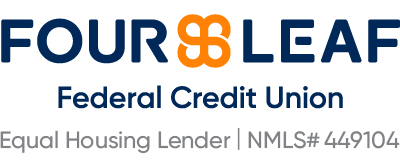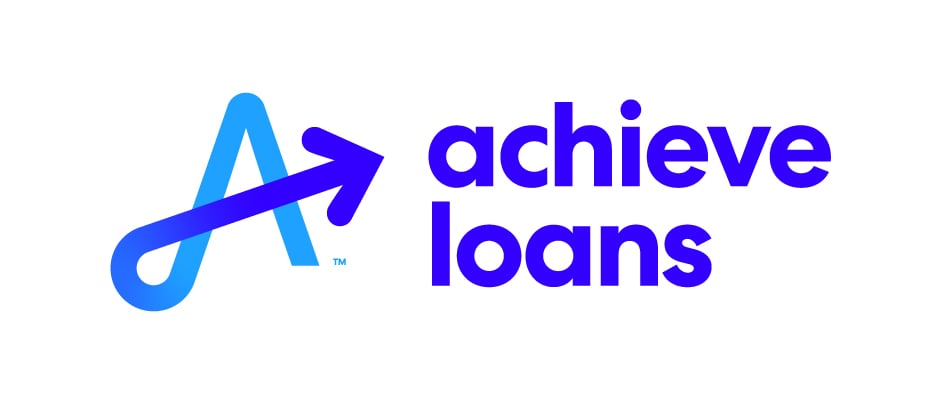What Is a Home Equity Investment, or Home Equity Sharing Agreement?
These agreements let you access funds in exchange for a share of your property’s future appreciation.

Some or all of the mortgage lenders featured on our site are advertising partners of NerdWallet, but this does not influence our evaluations, lender star ratings or the order in which lenders are listed on the page. Our opinions are our own. Here is a list of our partners.
If you need cash and most of your wealth is tied up in the value of your home, one solution is to apply for a home equity line of credit, or HELOC. But if you don’t meet lender requirements for a HELOC, you might consider getting a home equity investment, also called a home equity sharing agreement.
This unique product allows you to cash out some of the equity in your home in exchange for giving an investment company a percentage of the future value of the property.
In other words, if the value of your home goes up, a big part of that growth belongs to the investor. Instead of putting home equity towards, say, your next home purchase, you’ll forfeit a (likely substantial) percentage of it to the company.
Home equity investments may interest homeowners who are cash poor or can’t get approved for a secured loan. A home equity loan or HELOC is often a better choice for qualified homeowners who can afford monthly payments.
HELOC & Home Equity Loans from our partners

on FourLeaf Federal Credit Union
670
$1,000,000
on FourLeaf Federal Credit Union
How home equity investments work
Home equity investments differ from mortgages and home equity loans because you don’t make a monthly payment or pay interest. Instead, at the end of the agreement term, you pay back the company the loan it gave you, as well as a percentage of any appreciation in your property value.
When the loan term ends, you can owe a lot more than you borrowed — in some cases, hundreds of thousands of dollars.
One home equity investment company puts it this way: Say you took out a $50,000 investment on a $500,000 home, with a 10-year term. If the home gains a “moderate” appreciation of 4.34% annually, it would be worth nearly $765,000 by the time the loan comes due. The company’s share would be about $153,000, more than triple what you initially received.
This would be roughly equivalent to getting a $50,000 home equity loan with a 29% interest rate, which would be extremely high in today’s market. You can shop around with home equity loan lenders to find a significantly better rate.
How to get a home equity investment
You request a pre-qualification estimate. The estimate is roughly how much cash you could receive now in exchange for part of the future value of your home.
You’ll get a home appraisal to determine your property’s value. That value may be low-balled by the investor to offset their own risk, meaning the amount of equity you owe them at the end will be inflated.
If you qualify, the company advances you that money. Instead of paying interest, you agree to give the investment company a percentage of the future appreciation of your home.
You make no monthly payments to the company.
When you come to the end of the agreement term (often 10 to 30 years) or you decide to sell the house, you pay back the equity value the company gave you, plus its share of the home’s appreciation.
Pros and cons of home equity investments
For select qualified borrowers, a home equity investment can be the most manageable option for accessing cash. For most homeowners, however, the advance they receive may not be worth the equity they’ll have to give up later.
No monthly payment or interest. Access your home’s equity now, with nothing to repay for years.
Home equity investments are usually easier to qualify for than HELOCs or home equity loans.
You have to pay the loan back all at once. If your finances don’t improve, you (or your heirs) may need to sell your home to make the balloon payment at the end.
Higher long-term cost. You’ll probably repay much more than what you would have paid in interest on a HELOC or home equity loan.
What does a home equity investment cost?
In a home equity investment, the homeowner is required to pay fees and closing costs that may include:
An appraisal
Processing fees
State taxes and recording fees
Together, these costs can deduct thousands from the funds available for your use.
According to the Consumer Financial Protection Bureau, processing fees are often between 3% and 5% of the investment amount.
How repayment works
Each home equity investor calculates your repayment differently. However, in general, these are the possible scenarios:
The home goes up in value. You repay the company’s “investment” in your home — the cash you received — plus a share of the home’s increased value.
The home’s value remains the same. You’ll pay back the equity you received. Remember, since the company may have low-balled the initial value, you might still have to pay back the investor’s discount. If your home was worth $250,000 at the start of the term, but the investor discounted it to $225,000, you’ll owe them a percentage of that $25,000 “growth” — even if your home is still worth $250,000 ten years later.
The home loses value. You'll repay the equity you drew, minus an adjustment for the depreciation. The company takes a percentage of the sale price of the home, so if the value has gone down, their share could be less than the advance you received.
Consider all your options
Depending on the amount of money you need and what you plan to use it for, a personal loan, home equity loan or HELOC may be a better option.
If you can afford to wait to tap your equity, you can explore options for polishing your credit score to qualify for alternative home equity products.
Also, you may not be able to refinance your mortgage after entering a home equity sharing agreement, so you should consider your timeline and evaluate all potential options before committing to this product.






